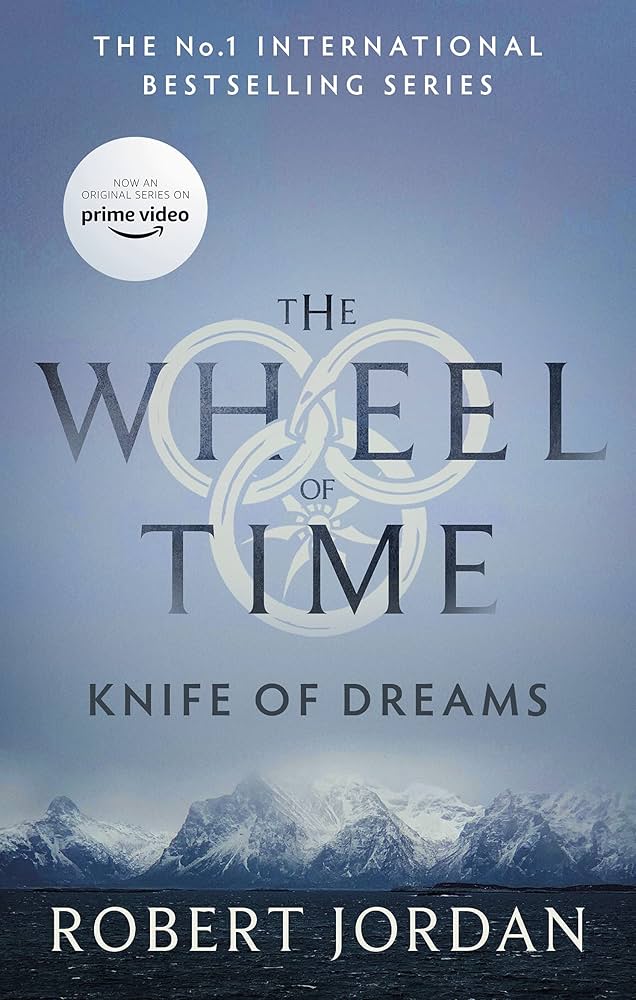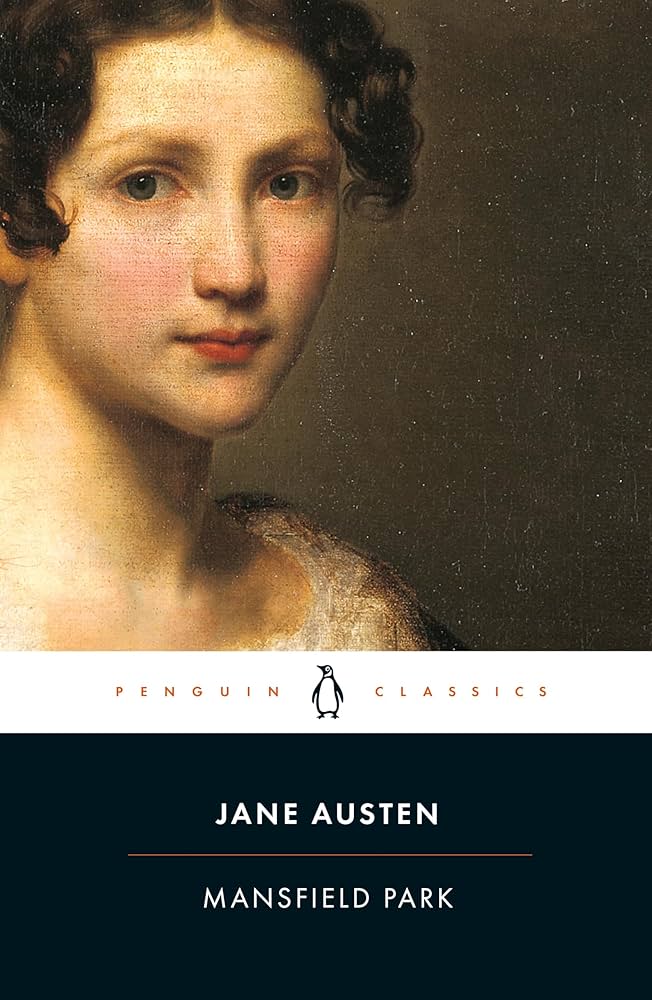In 2011, shortly after starting this blog, I started reading the Bible – a couple of months ago I finally finished it. It’s funny because when I started it, I anticipated that I’d read it all in one go and so probably be finished before the end of the year. I found it a little too dry to read continuously though, so I ended up taking breaks between its books. As it turns out, the time I spent reading it ended up spanning my entire time at university, various jobs, the formation of the relationships with some of my most valued friends of my life, a global pandemic, and so many more experiences than I can recount here.
So other than finding it hard to get through in one sitting, what did I think of it? Well, good question. This is a massive book that covers a lot of ground and which is a lot of things to a lot of people – that makes it a very difficult book to review and as someone who’s not a Christian, my review is probably going to read completely differently to that of someone who is, but also, perhaps the fact that I am not a Christian even after reading it says something about it level of persuasiveness.
As someone who reads a lot, I really enjoyed it on a literary level. The Bible is the origin of so many iconic stories, from Adam and Even in the Garden of Eden, through to Noah’s arc, the horribly tormented life of Job, and even Jesus’s birth in the Christmas story. I’ve grown up in a culture that has the DNA of these stories ingrained very deeply and it’s so cool to see them in their original form – or, at least, to see them in one of their most popular translations. On a similar note, similar to Shakespeare, so many Biblical quotes have woven their way into so many other pieces of literature, and even everyday speech, and once again, it’s really cool to see their origin.
Though, as much as I can enjoy some really dry stuff, there were certain parts of the Bible that don’t seem like they were written to teach any kind of lesson or to tell any kind of story. What I’m talking about are long sections that talk extensively about the sizes of different tribes, or the lineage of different people. These feel more like ancient official documents and I don’t feel like I gained anything whatsoever by reading them. Meanwhile, the very detailed instructions on how to worship properly, or how to correctly offer animal sacrifices, are slightly more interesting, but still very dry reading.
For a lot of people, the Bible is a book of morality, though for those who are only familiar with its general perception, the amount of abhorrent violence and hatred might be pretty shocking. As much as God, as described in the Bible, is often considered a being of love, he seems pretty darn bloodthirsty a lot of the time. There’s talk about him enjoying the smell of burning flesh, or times when he instructs people to kill pregnant women in enemy states to stop their babies from being born and growing up to be enemy soldiers. Of course, he kills almost every single living being on the planet during the story of Noah and the flood too. I could go on about God’s heinously violent acts, and then of course there’s also the homophobia and misogyny that comes up too (although to my surprise, there are a couple of men who seem to be gay and are never condemned).
But for all that ugliness, I do actually really admire some of the stuff that Jesus said. First and foremost, he is genuinely a strong advocate of showing love to all people, including your enemies. I thought that was really beautiful, and a powerful moral message that you don’t see in a lot of other stuff, but if you really extrapolate the meaning, can be read it as a progressive instruction to be accepting of all peoples, which is strangely at odds with the Bible’s misogyny and homophobia. Another aspect that I really enjoyed about this was that Jesus has some pretty socialist attitudes – he believes that everyone has a responsibility to look after the poor and to live within their means without hoarding wealth. That’s another really cool thing that I thought was wonderfully ahead of its time. It’s just a shame that these really cool moral messages are often lost among the more regressive ones – or at least, it’s a shame that those who cling to its regressive messages are those that are the loudest. (It’s also a shame that Jesus introduces the idea of eternal hell for people who don’t worship him, which rather undermines his better points).
All in all, though it took me a long time and parts of it were boring (and other parts unpleasant) I am still glad that I read the Bible – after all, it’s a deeply influential text. Having said that, I did wish in retrospect that I hadn’t chosen the King James Edition, as although it’s one of the most influential translations, it is uses very archaic language and though I haven’t read any of the more recent translations in full, the excerpts I have read make me wish I had chosen one of them because there’s just so much more clarity to them. If you’re interested in religion, moral philosophy, or just the history of literature, it’s worth chipping through. Especially the Books of Genesis, Exodus, Pslams, and the whole New Testament.
Buy it here.














